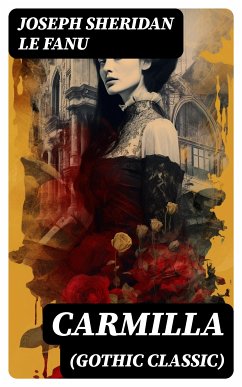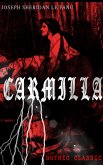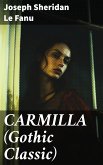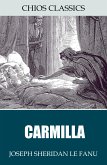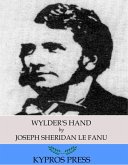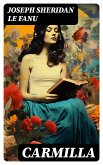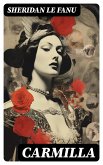In 'Carmilla,' Joseph Sheridan Le Fanu masterfully weaves a tale of gothic horror and eroticism, pioneering the vampire fiction genre that would influence countless writers thereafter. Set in the eerie landscape of Central Europe, the narrative unfolds through the eyes of Laura, a young woman who becomes entwined in a web of intimacy and terror with the enigmatic Carmilla. Le Fanu employs a rich, descriptive style that evokes a haunting atmosphere, using fragmented narratives and psychological depth to explore themes of forbidden desire, identity, and the supernatural. This novella stands as a seminal work in the Victorian era, reflecting societal anxieties surrounding sexuality and the uncanny. Joseph Sheridan Le Fanu, an Irish author born in 1814, lived in a time marked by Romanticism and the burgeoning interest in the macabre. Raised in a family deeply rooted in storytelling, Le Fanu was heavily influenced by folklore and the supernatural, often drawing upon Ireland's rich mythological traditions. His own experiences with loss and isolation surely informed the haunting, intimate portraits of his female protagonists, making 'Carmilla' not just a tale of horror, but also a poignant exploration of women's relationships and societal constraints. I highly recommend 'Carmilla' to readers interested in gothic literature, as it not only engages with the conventions of its time but also challenges them by bringing forth a complex female character that invites both fascination and fear. This novella thrillingly combines psychological depth with the supernatural, making it an enduring classic that resonates profoundly in the canon of horror literature.
Dieser Download kann aus rechtlichen Gründen nur mit Rechnungsadresse in A, B, BG, CY, CZ, D, DK, EW, E, FIN, F, GR, H, IRL, I, LT, L, LR, M, NL, PL, P, R, S, SLO, SK ausgeliefert werden.

